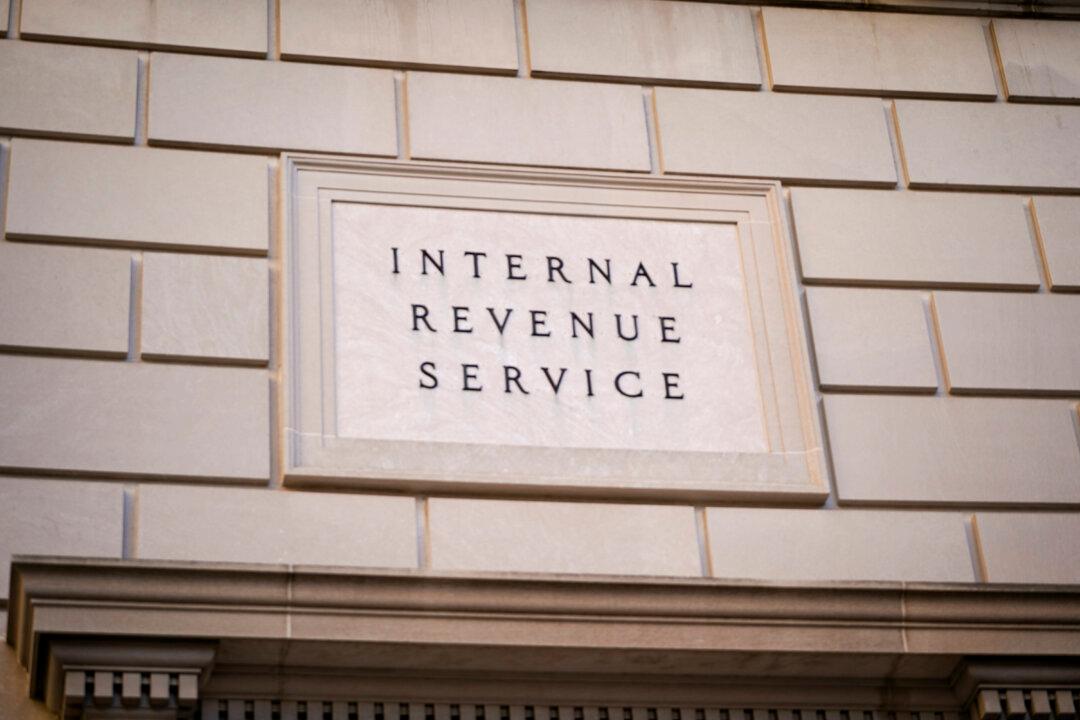The Internal Revenue System (IRS) has lax protections for sensitive tax data stored on its networks and even provides system access to people who no longer work with the agency, according to a report by IRS watchdog Treasury Department Inspector General for Tax Administration (TIGTA).
Last year, Rep. Jason Smith (R-Mo.), Chairman of the House Ways and Means Committee, sent a letter to TIGTA about a leak of confidential tax information from the IRS. Subsequently, TIGTA initiated a review of how the IRS grants access to sensitive information and safeguards tax data. On Feb. 8, TIGTA released a report about the review, finding that many IRS employees and contractors continued to have access to the agency’s network despite not being qualified to access it. “Actions were not always taken to timely remove users once they separated from the IRS.”





